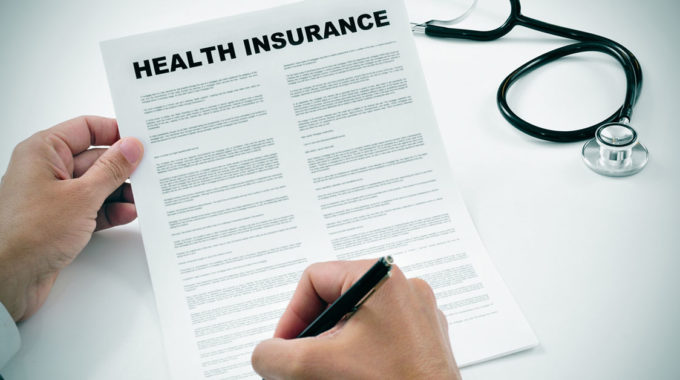
The Dangers of Gifts from Hospices to Doctors
MCS Advantage has been ordered to pay $4.2 million in fines for breaking the rules on gift-giving in healthcare. Hospice agencies should take notice. Once we round the corner of Halloween, gift-giving season is clearly in our sights. Hospices are businesses with a lot of people to be thankful for. They may already be planning their holiday appreciation gifts. On the other hand, maybe a holiday card is safer than a gift.
What are the Penalties for Breaking Gift Regulations in Healthcare?
- If a gift is found to have as its principal purpose the intent to ensure referrals, civil monetary penalties reach $100,000.
- When Stark violations are detected, hospice agencies may have to repay Medicare and Medicaid for any referrals associated with those violations.
- Breaking the rules can result in exclusion from Medicare and Medicaid programs.
- Filing a Medicare or Medicaid claim in violation of the Stark Law constitutes a “false claim” which could trigger liability under the federal False Claims Act.
What Gifts are Illegal from a Hospice Agency to a Referral Source?
- Any gift over the allowable value is a violation. The OIG has recommended a maximum value of $30 per gift with an annual limit of $355 per year. This is for medical staff. For patients, the limits are lower.
- Regardless of value, if gifts are found to have a proportional relationship to referral volume, the gifts are illegal.
- Additionally, if gifts are deemed to have the intent of securing future referrals, they are deemed illegal.
- Also regardless of value, any cash or cash equivalent is illegal. The OIG lists gift cards as a type of cash equivalent.
- Food, parties, and services may count as gifts.
How Do Investigations Get Started?
Complaints from hospice competitors or disgruntled employees usually initiate investigations of this nature. The OIG, CMS, or their delegates typically conduct the investigations.
An Example of Recent Enforcement
MCS Advantage, a Medicare Advantage Plan, had a gift-card incentive program. In 2020, they distributed more than 1,700 gift cards to the administrative assistants of providers to induce them to refer, recommend, or arrange enrollment of more than 1,600 Medicare beneficiaries. The gift cards cost more than $42,000.
While the gift cards may have had a nominal value of only $25 each, they violated one or two rules. If they were dispensed based on referral activity or to induce referrals, that makes them a violation. Regardless, the OIG did not need to dig into that, because gift cards are automatically illegal. They are cash equivalents. MCS Advantage agreed to pay $4.2 million to resolve the violations.
The Gift Recipients Are Also At Risk for Receiving Gifts
The federal anti-kickback statute states:
“Whoever knowingly and willfully solicits or receives any remuneration (including any kickback, bribe, or rebate) directly or indirectly, overtly or covertly, in cash or in kind- in return for referring an individual to a person for the furnishing or arranging for the furnishing of any item or service for which payment may be made in whole or in part under a Federal health care program, or in return for purchasing, leasing, ordering, or arranging for or recommending purchasing, leasing, or ordering any good, facility, service, or item for which payment may be made in whole or in part under a Federal health care program, shall be guilty of a felony and upon conviction thereof, shall be fined not more than $100,000 or imprisoned for not more than 10 years, or both.”
When healthcare professionals, even office staff, receive gifts, they put themselves at risk of felony charges, fines, and even imprisonment.





